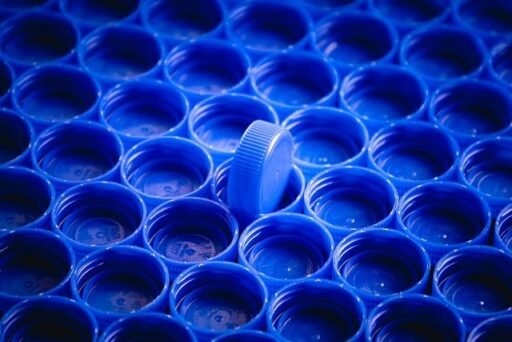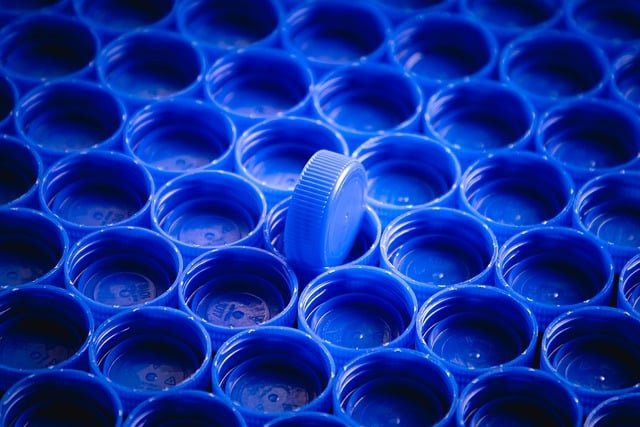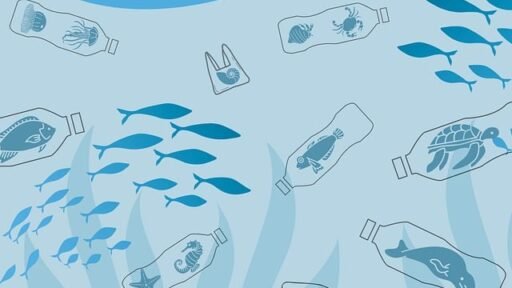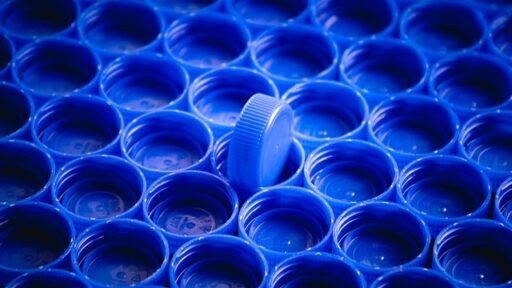## The Future of Plastic: How Can We Improve Recycling Technology?
Plastic. It’s ubiquitous, durable, and undeniably useful. From life-saving medical devices to lightweight packaging, plastic plays a crucial role in our modern world. However, its very durability presents a significant challenge: plastic waste.
The stark reality is that only a small percentage of plastic is actually recycled. The rest ends up in landfills, incinerators, or worse, polluting our environment. This unsustainable cycle demands our attention, urging us to find innovative solutions for a cleaner, more sustainable future.
## ## The Current State of Plastic Recycling
Before diving into potential solutions, it’s crucial to understand the current limitations of plastic recycling.
### ### The Challenges of Traditional Recycling
Traditional mechanical recycling, the most common method, involves collecting, sorting, cleaning, and shredding plastic before melting and reforming it into new products. While seemingly straightforward, this process faces several hurdles:
* **Material Degradation:** Each recycling cycle degrades the quality of the plastic, limiting its lifespan and potential applications.
* **Complex Material Composition:** Many products use mixed plastics or contain additives that make sorting and recycling difficult.
* **Contamination:** Food residue, labels, and other contaminants can compromise the recycling process and lower the quality of recycled plastic.
These challenges contribute to the low recycling rates we see globally.

## ## Emerging Technologies: A Glimmer of Hope
Fortunately, researchers and innovators are developing cutting-edge technologies to address these limitations and revolutionize plastic recycling.
### ### Chemical Recycling: Breaking It Down
Unlike mechanical recycling, which relies on melting and reshaping, chemical recycling breaks down plastic into its molecular building blocks. This process offers several advantages:
* **Handles Mixed Plastics:** Chemical recycling can process mixed plastic waste, eliminating the need for complex sorting.
* **Produces Higher-Quality Output:** The resulting monomers can be used to create virgin-quality plastic, expanding potential applications.
* **Reduces Reliance on Fossil Fuels:** Some chemical recycling methods can even use plastic waste as a feedstock for new plastics, reducing reliance on fossil fuels.
While promising, chemical recycling is still in its early stages and faces challenges like scalability and cost-effectiveness.
### ### Advanced Sorting Technologies: Separating the Good from the Bad
Improving the efficiency of sorting plastic waste is crucial for increasing







